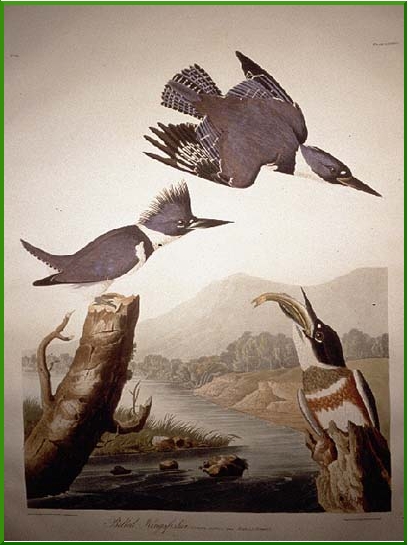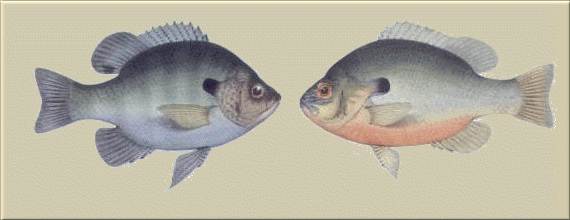
Volume 13

December, 1859 - July, 1860




To Cambridge where I read in Gerard's Herbal. His admirable though quaint descriptions are, to my mind, greatly superior to the modern more scientific ones. He describes not according to rule but to his natural delight in the plants. He brings them vividly before you, as one who has seen and delighted in them. It is almost as good as to see the plants themselves. It suggests that we cannot too often get rid of the barren assumption that is in our science. His leaves are leaves; his flowers, flowers; his fruit, fruit. They are green and colored and fragrant. It is a man's knowledge added to a child's delight.
When a man is young and his constitution and body have not acquired firmness, i.e., before he has arrived at middle age, he is not an assured inhabitant of the earth, and his compensation is that he is not quite earthy, there is something peculiarly tender and divine about him. His sentiments and his weakness, nay, his very sickness and the greater uncertainty of his fate, seem to ally him to a noble race of beings to whom he in part belongs, or with whom he is in communication. The young man is a demigod; the grown man alas! is commonly a mere mortal. He is but half here, he knows not the men of this world, the powers that be. They know him not. Prompted by the reminiscence of that other sphere from which he so lately arrived, his actions are unintelligible to his seniors. He bathes in light. He is interesting as a stranger from another sphere. He really thinks and talks about a larger scale of existence than this world. It takes him forty years to accommodate himself to the carapax of this world. This is the age of poetry. Afterward, he may be the president of a bank, and go the way of all flesh. But a man of settled views, whose thoughts are few and hardened like his bones, is truly mortal, and his only resource is to say his prayers.
How vain to try to teach youth, or anybody, truths! They can only learn after their own fashion, and when they get ready. I do not mean by this to condemn our system of education, but to shown what it amounts to. A hundred boys at college are drilled in physics and metaphysics, languages, etc. There may be one or two in each hundred, prematurely old perhaps, who approaches the subject from a similar point of view to his teachers, but as for the rest, and the most promising, it is like agricultural chemistry to so many Indians.
I think it will be found that he who speaks with most authority on a given subject is not ignorant of what has been said by his predecessors. He will take his place in a regular order, and substantially add his own knowledge to the knowledge of previous generations.
A man receives only what he is ready to receive, whether physically or intellectually or morally, as animals conceive at certain seasons their kind only. We hear and apprehend only what we already half know.

When you think that your walk is profitless and a failure, and you can hardly persuade yourself not to return, it is on the point of being a success, for then you are in that subdued and knocking mood to which Nature never fails to open.
The scripture rule "Unto him that hath shall be given," is true of composition. The more you have thought and written on a given theme, the more you can still write. Thought breeds thought.
I think that the most important requisite in describing an animal, is to be sure and give its character and spirit, for in that you have, without error, the sum and effect of all of its parts, known and unknown. You must tell what it is to man. Surely the most important part of an animal is its anime, its vital spirit, on which is based its character and all the peculiarities by which it most concerns us. Yet most scientific books which treat of animals leave this out altogether, and what they describe are as it were phenomena of dead matter. What is most interesting in a dog, for example, is his attachment to his master, his intelligence, courage, and the like, and not his anatomical structure or even many habits which affect us less.
We are as often injured as benefited by our systems, for, to speak the truth, no human system is a true one, and a name is at most a mere convenience and carries no information with it.
As it is important to consider Nature from the point of view of science, remembering the nomenclature and system of men, and so, if possible, go a step further in that direction, so is it equally important often to ignore or forget all that men presume that they know, and take an original and unprejudiced view of Nature, letting her make what impression she will on you, as the first men and all natural men and children still do. For our science, so called, is always more barren and mixed up with error than our sympathies are.

The fruit a thinker bears is sentences -- statements or opinions. He seeks to affirm something as true. I am surprised that my affirmations or utterances come to me ready-made, not fore-thought, so that I occasionally awake in the middle of the night to let fall ripe a statement which I never consciously considered before, and as surprising and novel and agreeable to me as anything can be. As if we only thought by sympathy with the universal mind, which thought while we were asleep. There is such a necessity to make a definite statement that our minds at length do it without our consciousness, just as we carry our food to our mouths. This occurred to me last night, but I was so surprised by the fact which I have just endeavored to report that I have entirely forgotten what the particular observation was.

















